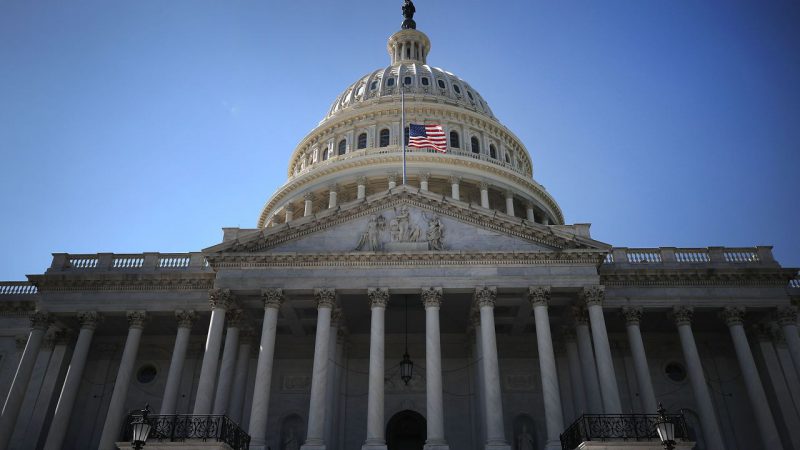In what is an immensely concerning development, the US government has reportedly spent $1.049 trillion in 2024 on interest payments for its national debt. Indeed, the government’s debt figure has surpassed $35.3 trillion this year, as the country faces an impending crisis.
The US Treasury Department reported the spending as the interest rate payments passed the $1 trillion mark for the first time in history. The figure is up 30% from this point last year. Moreover, the total debt service is expected to be even bigger by the end of the calendar year.
Also Read: Donald Trump Suggests Paying Off $35T National Debt With Bitcoin
US Treasury Reports $1 Trillion Spent on Interest For National Debt
The US economy has certainly been in a concerning position. Amid its fight against inflation, the Federal Reserve has maintained interest rates at a 23-year high. Although cuts to those rates should arrive in September, the fragility of the United States’ economic situation can’t be understated.
Things may have only gotten more complicated. The US government has reported that it has spent more than $1 trillion on national debt interest payments. The figure is a record mark, with more expected to be paid through the end of 2024.


Also Read: $35T US National Debt May Boost Bitcoin Adoption as Hard Money
In total, US debt service payment should be near the $1.160 trillion mark in 2024. Even if the government’s earnings on investments are subtracted from that, those payments still total more than $843 billion. That total exceeds all other government payments outside of Medicare and Social Security.
This development has not been good for the US budget deficit. The value skyrocketed in August, nearing $2 trillion. August saw that number increase by $380 billion. Moreover, it was a stark change from July, when they saw a surplus of $89 billion.
With the figure up 24% from last year, the dire state of the economy should be an immediate focus. The 2024 presidential election should have a notable impact on this reality. Yet, with two very different ideas of how to solve the problem, only time will tell how the election of Kamala Harris, or Donald Trump, impacts the impending debt crisis.





